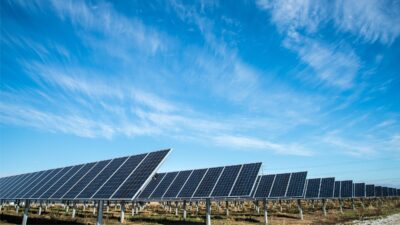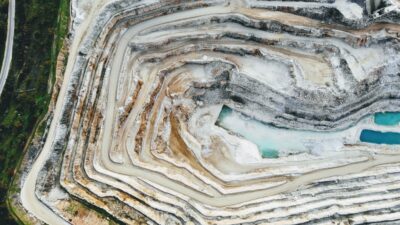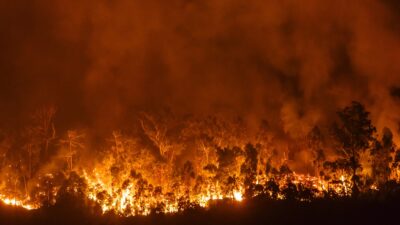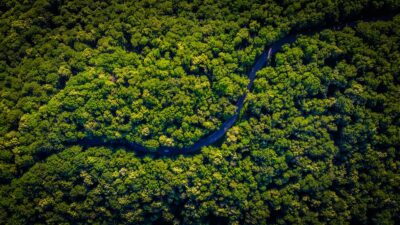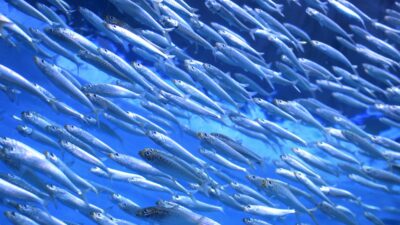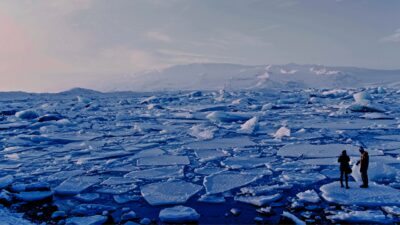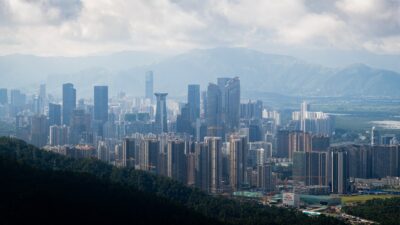Business as usual has delivered a more affluent world, and a degraded planet.
The climate and resource security megatrend captures the climate change trajectory and the pressure this is placing on the world’s natural resources.
Global average temperatures will rise by more than 1.5 degrees Celsius above pre-industrial levels by the middle of the next decade, unless the international community joins together to cut greenhouse gas emissions by at least 50% by 2030.
Even at this rate, some communities and ecosystems will not survive.
More than 3 billion people are living in places that are highly vulnerable to extreme weather events.
Even at 1.5 degrees Celsius, almost a quarter of the world’s population will be exposed to flooding, while almost a billion people will experience water and heat stress.
Roughly half of the world’s population currently experiences severe water scarcity for at least part of the year. If current trends continue, 33 countries will face severe water shortages by 2040.
To feed the population, we will need a 60% increase in food production by 2050. Yet global crop yields will then be 7% lower, due to climate change.
Seafood is a major source of protein for more than three billion people. However, ocean warming and overfishing will see a 64% fall in the world’s fish stock by the end of this century.
Averting this megatrend will require both adaptation and mitigation strategies.
Ecosystem-based adaptation (or green infrastructure) harnesses natural solutions to protect and restore land and sea can boost food security, deliver local economic benefits, and promote carbon sequestration.
Examples include cultivating mangroves as a form of flood defence, and the Great Green Wall project, in which 21 African countries are planting a huge belt of trees the width of the continent to combat the spread of the Sahara desert.
In 2021 around 12% of global primary energy came from renewable sources. To meet net-zero emissions by 2050, more than two-thirds of energy consumption will need to come from renewables.
The world urgently needs more aggressive decarbonisation strategies. Implementing effective plans will require much stronger international cooperation.
Business as usual is no longer a viable model.
Plumer, B. (2023). ‘Climate Change Is Speeding Toward Catastrophe. The Next Decade Is Crucial, U.N. Panel Says.’, New York Times 20/3/23. Available at: https://www.nytimes.com/2023/03/20/climate/global-warming-ipcc-earth.html
Slezak, M. (2023). ‘IPCC climate scientists issue ‘a survival guide for humanity’, warning window closing to reduce emissions’, ABC News 21/3/23. Available at: https://www.abc.net.au/news/2023-03-21/ipcc-report-how-to-keep-global-warming-below-1-5-degrees/102112836
Meyer, C. (2022). ‘3.3 Billion People are Highly Vulnerable to Climate Change,’ Security Management. Available at: https://www.asisonline.org/security-management-magazine/latest-news/today-in-security/2022/march/three-billion-people-highly-vulnerable-to-climate-change/
Rentschler, J., Salhab, M., Jafino, B.A. (2022). ‘Flood exposure and poverty in 188 countries,’ Nature Communications 13. Available at: https://www.nature.com/articles/s41467-022-30727-4
Maddocks, A., Young, R.S., Reig, P. (2015). ‘Ranking the World’s Most Water-Stressed Countries in 2040’, World Resources Institute. Available at: https://www.wri.org/insights/ranking-worlds-most-water-stressed-countries-2040
Intergovernmental Panel on Climate Change (IPCC) (2023). Climate Change 2023 – Synthesis Report. Available at: https://report.ipcc.ch/
Da Silva, J.G. (2012). ‘Feeding the World Sustainably’, UN Chronicle. Available at: https://www.un.org/en/chronicle/article/feeding-world-sustainably
Menendez, P., Losada, I.J., Torres-Ortega, S., Narayan, S., Beck, M.W. (2020). ‘The Global Flood Protection of Mangroves’, Nature Scientific Reports. Available at: https://www.nature.com/articles/s41598-020-61136-6
United Nations’ Convention to Combat Desertification (2023). Great Green Wall Initiative. Available at: https://www.unccd.int/our-work/ggwi
International Energy Agency (2022). Energy System Overview. Available at: https://www.iea.org/reports/energy-system-overview
International Energy Agency (2021). ‘Net Zero by 2050: A roadmap for the energy sector’. Available at: https://iea.blob.core.windows.net/assets/deebef5d-0c34-4539-9d0c-10b13d840027/NetZeroby2050-ARoadmapfortheGlobalEnergySector_CORR.pdf
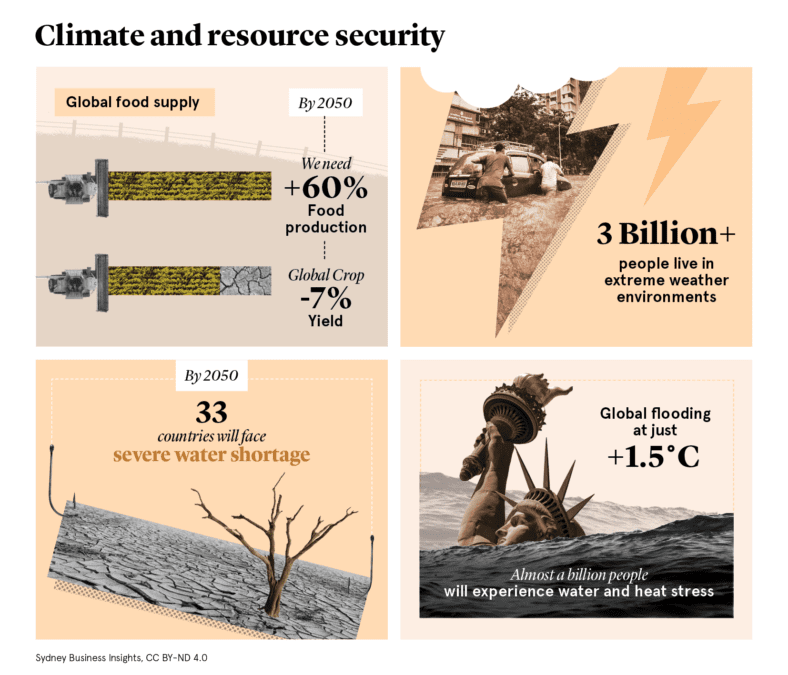
We believe in open and honest access to knowledge. We use a Creative Commons Attribution NoDerivatives licence for our articles and podcasts, so you can republish them for free, online or in print.
